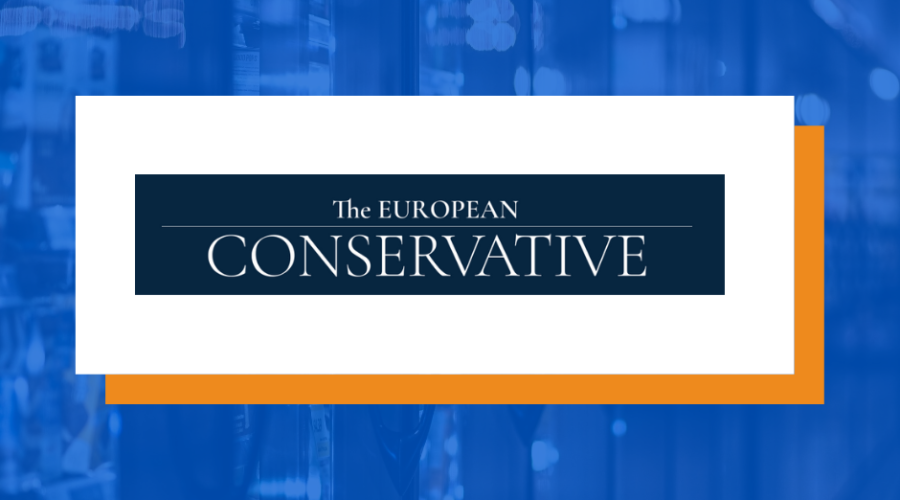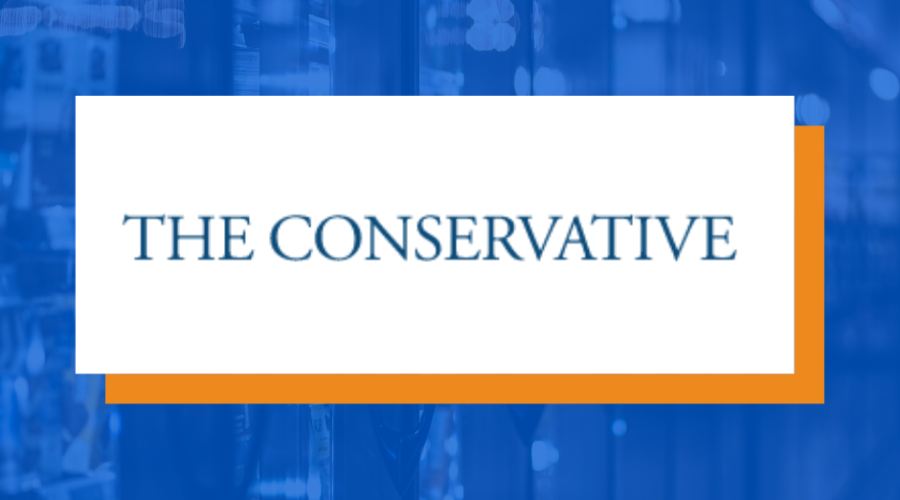Crypto Hunters: Why Elites are Anxious About Cryptocurrencies
Over the last decade, while we have lived through the ebbs and flows of global crises, triumphs, and changes, a ‘paradigm shift’ has been happening across a network of interconnected computers. This shift began in 2008 when the pseudonymous ‘Satoshi Nakamoto’ unveiled his new project: a trustless peer-to-peer network of monetary transactions that would be recorded on a decentralized public ledger. This new version of ‘electronic cash’ was called Bitcoin.
A Bitcoin is created by computers attempting to solve a cryptographic algorithm—a process known as “mining”—which are then ‘rewarded’ with units of monetary representation for having solved the block of code. Once miners have these monetary units, they can send them across the network to other addresses, quickly and with minimal fees.
What made this process wholly unique was its decentralized nature: multiple nodes connected to a network to verify transactions and blocks, and to ensure that every line of code was accurate to the ledger—also known as a ‘blockchain.’
The Bitcoin source code became the envy of computer programmers, hackers, and an entire generation of “cypherpunks”: technology activists who advocated the use of cryptography to achieve true privacy. This was the dawn of the cryptocurrency age.
As users of the network grew, so did copycat projects. The numbers of vendors accepting cryptocurrencies also grew and eventually an entire economy of digital assets emerged, far from the heavily regulated (and policed) financial sector.
Today, that global cryptocurrency and digital asset economy is worth more than $2 trillion, surpassing the GDP of some G7 nations, including Canada and Italy.
Cryptos in the crosshairs
Today—owing to their size, reach, and utility—cryptocurrencies are no longer mere projects of tinkering computer programmers. Prices of Bitcoin and other digital currencies are commonplace on stock tickers. They are found in the portfolios of large financial institutions. And, at least in the case of Bitcoin, they are now considered legal tender in a country like El Salvador.
But the growth and mainstream adoption of cryptocurrencies has necessarily put them in the crosshairs of various regulatory authorities who want to restrict their use. Often authorities have said that this is because of the volatile, speculative nature of cryptocurrencies, which can sometimes have a percentage rise (or fall) in the double digits in just a matter of hours. Authorities have also pointed to various scams that have swindled users of their ‘coins.’
At other times, however, there is a worrying sense that ‘crypto’ is evolving faster than regulators can even grasp, offering unique lending, payment, and exchange options that exist—without a central authority.
In a recent Bloomberg podcast, Christine Lagarde, former IMF director and now president of the European Central Bank, said: “Cryptos are not currencies, full stop. Cryptos are highly speculative assets that claim their fame as currency, possibly, but they’re not. They are not.” Lagarde thus joins the chorus of central bank chiefs, finance ministers, and treasury secretaries that have warned of the unique threat posed by cryptos to the global system of traditional financial markets.
JPMorgan Chase CEO Jamie Dimon has been one of the more vocal Bitcoin foes, saying recently that he “always believed it’ll be made illegal someplace, like China made it illegal, so I think it’s a little bit of fool’s gold,” and calling on lawmakers to “regulate the hell out of it.”
As decentralized digital assets proliferate, the limited ability of established agencies to oversee and limit transactions means that value is being exchanged outside a guarded or protected system—far from the prying eyes of tax authorities, banking chiefs, and issuers of national currencies.
This, however, is one of the main advantages of using digital assets clocked according to cryptographic algorithms and a real, free market of floating prices: without a central authority, the ability to inflate or deflate the currencies via a printing press or by minting coins is rendered null.
A hedge against the state
When the main unit of exchange is a national currency, the value of that currency is subject to exchange prices. But it also may be inflated or deflated on a whim, based on the needs of the state—for instance, to pay back debts, wage wars, or boost or reduce exports.
Whether it was Roman Emperor Diocletian—who debased the Roman currency and instituted price controls in his 301 AD Edict on Maximum Prices—or the hyperinflation of the German Weimar Republic in the 1920s, or even the abandoning of the Gold Standard by Richard Nixon in 1971, the debasing of currencies serves a purpose that befits a nation and its institutions, and not necessarily its people.
Furthermore, today we see this: U.S. $100 in 1960 are the equivalent of US$886 in 2021. This makes life generally more expensive for those who use U.S. dollars, who must purchase goods and services that may or may not follow the trendline of inflation.
By fixing supply indefinitely—21 million, in the case of Bitcoin—holders of the coin are assured that its value will never be artificially inflated or deflated based on the whims of central monetary authorities, offering peace of mind to investors, savers, and holders (or HODLers).
What’s more, because of the cryptographic process of mining coins and the distributed public ledger of the blockchain, no one can cheat the system. Double-spending, mining new coins without proof of work, or conducting fake transactions cannot happen. And because each account or ‘wallet’ is protected by a “seed phrase”—essentially a private key—there is no way to physically seize accounts or stop payments.
These basic features of cryptocurrencies, as well as their ability to be traded without intermediaries demanding strict compliance (using things like social security numbers, identification cards, tax numbers, etc.) entirely removes governments from transactions. If the financial system were based on these principles and methods, it would make it difficult for the European Central Bank or the Federal Reserve to create new currency, adjust prices, or bail out firms or entities that have made mistakes in times of crisis.
Adapt or die
Given how widespread the trading and use of crypto has become, many in positions of authority have realized that they must reckon with its power. As voiced by Gary Gensler, head of the U.S. Securities and Exchange Commission, the innovative nature of Bitcoin has been a ‘wake-up call’ to the financial sector. “Nakamoto’s innovation, not only Bitcoin as the first sort of one but this whole distributed ledger technology, has been a catalyst for change that, around the globe, central banks and the private sector are looking in on how we can enhance our payment systems,” Gentler told The Washington Post.
Gensler’s comments demonstrate that officials and ruling elites are taking crypto innovations more seriously. They also suggest that they recognize that the revolution that has begun cannot be stopped.
A group at the U.S. Department of Treasury, led by Gensler and Treasury Secretary Janet Yellen, will soon debut official recommendations on regulating the crypto sector by focusing on “stablecoins,” which are digital assets pegged to the value of national currencies for easier convertibility. And in the European Union, the European Commission has tabled a proposal on “Markets in Crypto-Assets Regulation,” focusing on the investment trends of cryptocurrencies and how consumers and users could be impacted by wild price swings.
Core to each of these regulatory efforts are mechanisms designed to tame the so-called “wild West” of crypto. These include plans to regulate fiat-to-crypto exchanges, deeming various cryptocurrencies as securities, and increasing financial surveillance of the crypto market in order to ensure tax compliance.
There is little doubt that many of these regulations will come to pass. Whether firms or crypto users continue to stay in these jurisdictions, however, remains to be seen. While our current monetary system rests on national currencies and regulated banks, every new user of a cryptocurrency unlocks the potential of a system that cannot be overruled, made redundant, or inflated away.
While regulators can claim significant authority on regulated exchanges or payment providers, the decentralized, distributed nature of crypto means that the currencies themselves cannot be controlled or influenced arbitrarily—and perhaps that is the fact that scares authorities the most.
Originally published here












